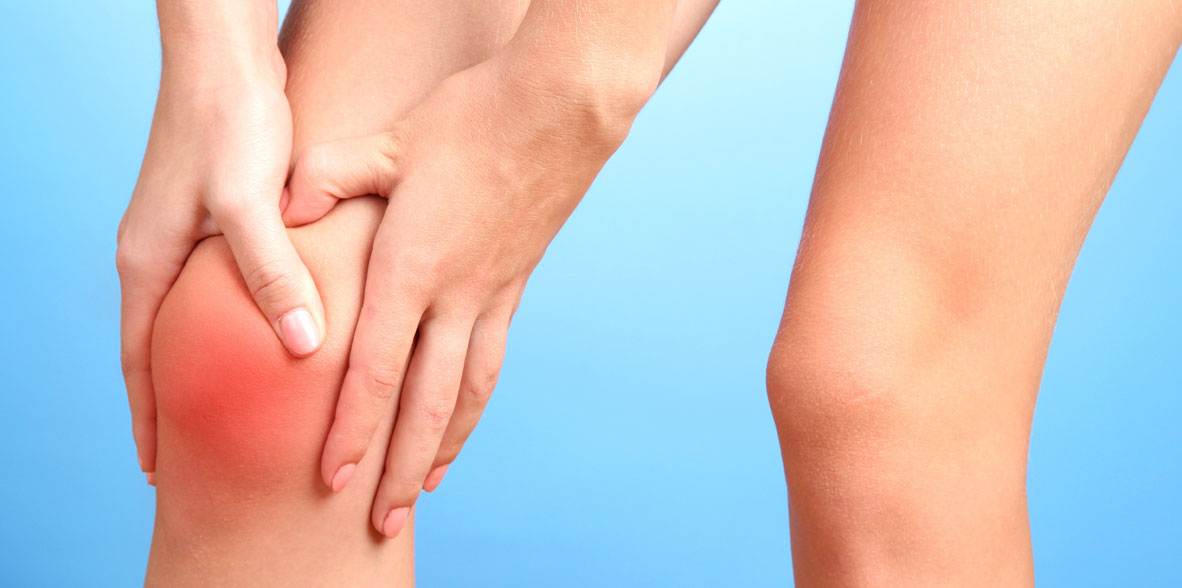

 Centro Médico Teknonen/health-centers/centro-medico-teknon
Centro Médico Teknonen/health-centers/centro-medico-teknon- Centro Médico Teknonen/health-centers/centro-medico-teknonHospital Universitari General de Catalunyaen/health-centers/hospital-universitari-general-catalunya
 Centro Médico Teknonen/health-centers/centro-medico-teknonHospital Universitari Sagrat Coren/health-centers/hospital-universitari-sagrat-cor
Centro Médico Teknonen/health-centers/centro-medico-teknonHospital Universitari Sagrat Coren/health-centers/hospital-universitari-sagrat-cor
Temporomandibular pain, often known as temporomandibular disorder or temporomandibular dysfunction, is a term used to describe a group of disorders that affect the temporomandibular joints and the muscles that control jaw movement.
Causes:
Temporomandibular pain can be caused by a variety of reasons, including:
- Bruxism: Involuntary teeth grinding or clenching, usually at night, can put excessive pressure on the temporomandibular joints and jaw muscles.
- Jaw injuries: Trauma or injuries to the jaw can trigger temporomandibular pain.
- Malocclusion: An incorrect bite or poor tooth alignment can increase the risk of temporomandibular pain.
- Stress: Tension and stress can lead to jaw clenching or teeth grinding, which contributes to temporomandibular pain.
- Arthritis: In some cases, arthritis can affect the temporomandibular joints and cause pain.
Diagnosis:
Diagnosing temporomandibular pain involves several steps:
- Medical history: The doctor collects information about the symptoms, duration of pain, triggers, and the patient's medical history.
- Physical exam: During the exam, the doctor evaluates the mobility of the jaw, the jaw muscles, and the presence of pain or tenderness.
- Imaging: X-rays, magnetic resonance imaging (MRI), or computed tomography (CT) can be used to visualize the temporomandibular joints and rule out other conditions.
- Dental evaluation: In some cases, a dentist can evaluate the bite and alignment of the teeth.
Treatment:
- Treatment for temporomandibular pain can vary depending on the severity of the condition and may include:
- Stress management: Relaxation techniques, cognitive behavioral therapy, or the reduction of stressors may be recommended to manage stress.
- Physical therapy: A physical therapist can develop a specific exercise program to strengthen the jaw muscles and improve mobility.
- Mouthguards or splints: These devices are used to protect the teeth and temporomandibular joints from excessive pressure and bruxism.
- Medications: Pain relievers, muscle relaxants, or anti-inflammatories may be prescribed to relieve pain and inflammation.
- Surgery: In severe cases resistant to conservative treatment, surgery may be considered, but it is a last resort.
Treatment should be personalized and supervised by a health professional, which may include dentists, physical therapists, and temporomandibular pain specialists. Rehabilitation and relapse prevention are essential in the management of temporomandibular pain. The choice of treatment will depend on the severity of the condition and the patient's individual response.



































